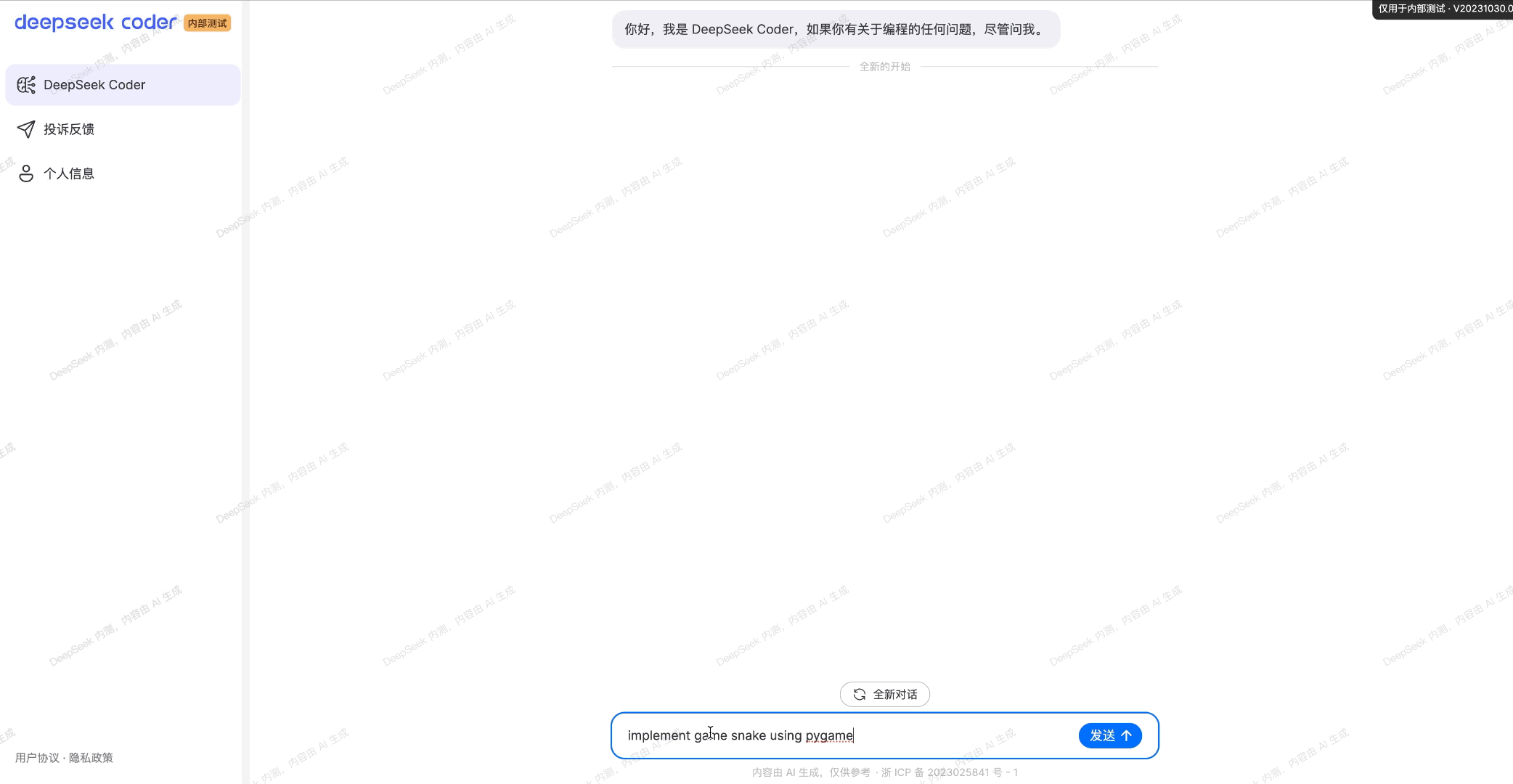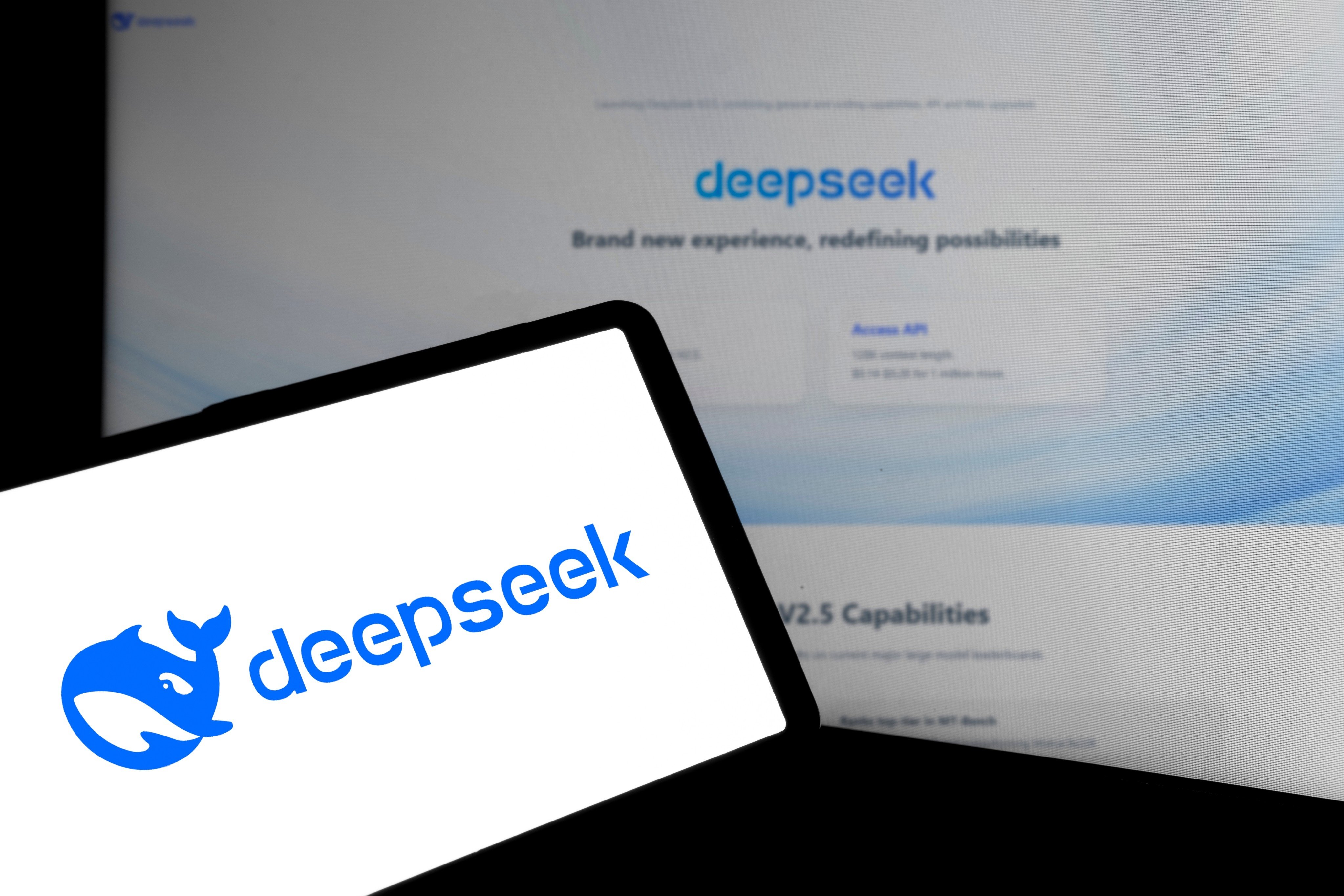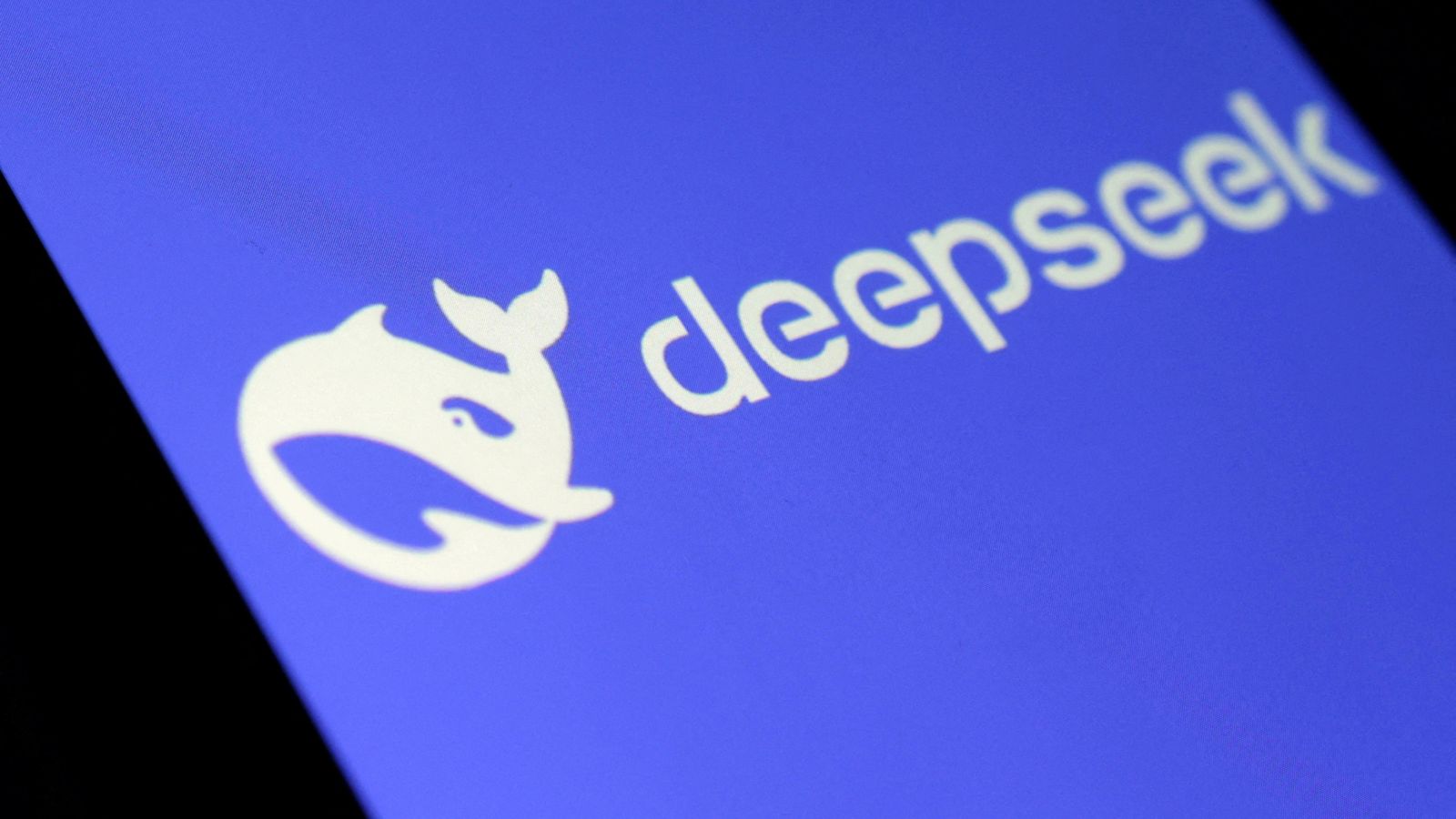
Artificial Intelligence (AI) is transforming education while making finding out more accessible but likewise sparking disputes on its impact.

While trainees hail AI tools like ChatGPT for boosting their learning experience, speakers are raising concerns about the growing reliance on AI, which they argue fosters laziness and weakens scholastic stability, specifically with many trainees unable to defend their tasks or given works.

Prof. Isaac Nwaogwugwu, a lecturer at the University of Lagos, in an interview with Nairametrics, expressed aggravation over the growing reliance on AI-generated actions among students recounting a current experience he had.
RelatedStories
Avoid sharing personal information that can identify you with AI tools- Expert cautions
Chinese AI app DeepSeek sparks worldwide tech selloff, difficulties U.S. AI dominance
"I gave a project to my MBA students, and out of over 100 trainees, about 40% sent the precise same responses. These students did not even understand each other, however they all utilized the same AI tool to generate their reactions," he stated.
He kept in mind that this pattern prevails among both undergraduate and postgraduate trainees however is particularly worrying in part-time and distance knowing programs.
"AI is a major obstacle when it comes to projects. Many trainees no longer think critically-they just go on the internet, create answers, and send," he added.
Surprisingly, some speakers are likewise accused of over-relying on AI, setting a cycle where both teachers and trainees turn to AI for benefit rather than intellectual rigor.
This dispute raises critical questions about the role of AI in scholastic stability and trainee development.
According to a UNESCO report, while ChatGPT reached 100 million monthly active users in January 2023, only one nation had actually launched regulations on generative AI since July 2023.
As of December 2024, ChatGPT had over 300 million individuals using the AI chatbot every week and 1 billion messages sent every day around the globe.
Decline of scholastic rigor
University lecturers are significantly worried about students sending AI-generated tasks without genuinely understanding the material.
Dr. Felix Echekoba, ratemywifey.com a lecturer at Nnamdi Azikiwe University, revealed his concerns to Nairametrics about trainees increasingly depending on ChatGPT, only to struggle with answering standard questions when checked.
"Many students copy from ChatGPT and send refined projects, however when asked standard questions, they go blank. It's frustrating because education has to do with discovering, not simply passing courses," he said.
- Prof. Nwaogwugwu pointed out that the increasing number of top-notch graduates can not be totally credited to AI however confessed that even high-performing students use these tools.
"A first-rate trainee is a first-class student, AI or not, but that doesn't indicate they don't cheat. The benefits of AI might be peripheral, however it is making trainees dependent and less analytical," he said.
- Another lecturer, Dr. Ereke, from Ebonyi State University, raised a various concern that some speakers themselves are guilty of the same practice.
"It's not just students utilizing AI lazily. Some lecturers, out of their own laziness, produce lesson notes, course describes, marking schemes, and even test questions with AI without evaluating them. Students in turn use AI to create answers. It's a cycle of laziness and it is killing genuine learning," he lamented.
Students' point of views on use
Students, on the other hand, say AI has actually improved their knowing experience by making scholastic materials more easy to understand and accessible.
- Eniola Arowosafe, a 300-level Business Administration student at Unilag, shared how AI has actually considerably assisted her knowing by breaking down complex terms and providing summaries of lengthy texts.
"AI helped me comprehend things more easily, particularly when handling intricate topics," she explained.
However, she remembered an instance when she used AI to send her job, only for her speaker to instantly recognize that it was produced by ChatGPT and decline it. Eniola kept in mind that it was a good-bad effect.
- Bryan Okwuba, who recently finished with a superior degree in Pharmacy Technology from the University of Lagos, strongly believes that his academic success wasn't due to any AI tool. He associates his exceptional grades to actively appealing by asking questions and thatswhathappened.wiki focusing on areas that lecturers highlight in class, as they are frequently shown in exam concerns.
"It's all about being present, taking note, and tapping into the wealth of understanding shared by my coworkers," he said,
- Tunde Awoshita, a final-year marketing student at UNIZIK, confesses to sometimes copying straight from ChatGPT when dealing with numerous deadlines.
"To be honest, there are times I copy directly from ChatGPT when I have numerous due dates, and I understand I'm guilty of that, most times the lecturers don't get to review them, however AI has also assisted me find out much faster."
Balancing AI's role in education
Experts think the option lies in AI literacy; mentor trainees and speakers how to use AI as a knowing aid rather than a faster way.
- Minister of Education, Dr. Tunji Alausa, highlighted the integration of AI into Nigeria's education system, worrying the value of a balanced technique that keeps human participation while utilizing AI to enhance finding out outcomes.
"As we navigate the quickly developing landscape of Expert system (AI), it is important that we prioritise human company in education. We should make sure that AI boosts, instead of replaces, teachers' important role in forming young minds," he said
Dorcas Akintade, a cybersecurity improvement professional, resolved growing issues concerning making use of expert system (AI) tools such as ChatGPT and their potential dangers to the educational system.
- She acknowledged the benefits of AI, nevertheless, stressed the need for caution in its use.
- Akintade highlighted the increasing hesitance amongst teachers and schools toward integrating AI tools in discovering environments. She recognized two main reasons that AI tools are dissuaded in educational settings: security risks and plagiarism. She described that AI tools like ChatGPT are trained to respond based upon user interactions, which might not align with the expectations of teachers.
"It is not looking at it as a tutor," Akintade said, describing that AI doesn't accommodate particular mentor approaches.
Plagiarism is another problem, as AI pulls from existing data, typically without proper attribution
"A great deal of people need to comprehend, like I stated, this is data that has been trained on. It is not simply bringing things out from the sky. It's bringing info that some other individuals are fed into it, which in essence means that is another person's paperwork," she cautioned.
- Additionally, Akintade highlighted an early problem in AI advancement known as "hallucination," where AI tools would create details that was not accurate.
"Hallucination suggested that it was bringing out details from the air. If ChatGPT might not get that details from you, it was going to make one up," she discussed.
She recommended "grounding" AI by supplying it with specific information to prevent such errors.
Navigating AI in Education
Akintade argued that banning AI tools outright is not the solution, particularly when AI provides a chance to leapfrog traditional educational techniques.
- She thinks that regularly enhancing key info assists individuals remember and avoid making errors when confronted with difficulties.
"Immersion brings conversion. When you inform individuals the very same thing over and over again, when they will make the errors, then they'll keep in mind."
She likewise empasized the need for clear policies and treatments within schools, noting that many schools ought to address the individuals and process elements of this usage.
- Prof. Nwaogwugwu has resorted to in-class projects and tests to counter AI-driven academic dishonesty.
"Now, I primarily use tasks to make sure trainees supply initial work." However, he acknowledged that managing big classes makes this method tough.
"If you set complex concerns, students won't have the ability to utilize AI to get direct responses," he discussed.

He stressed the requirement for universities to train lecturers on crafting examination concerns that AI can not quickly solve while acknowledging that some speakers battle to counter AI abuse due to an absence of technological awareness. "Some speakers are analogue," he said.
- Nigeria launched a draft National AI Strategy in August 2024, concentrating on ethical AI development with fairness, openness, responsibility, and privacy at its core.
- UNESCO in a report requires the guideline of AI in education, wiki-tb-service.com recommending institutions to examine algorithms, information, and outputs of generative AI tools to guarantee they fulfill ethical requirements, setiathome.berkeley.edu secure user data, and filter inappropriate content.
- It worries the requirement to evaluate the long-term effect of AI on important abilities like believing and imagination while creating policies that line up with ethical structures. Additionally, UNESCO suggests carrying out age constraints for GenAI use to safeguard younger trainees and secure vulnerable groups.
- For federal governments, it recommended adopting a collaborated nationwide technique to managing GenAI, consisting of establishing oversight bodies and aligning regulations with existing information security and personal privacy laws. It emphasizes examining AI dangers, imposing more stringent rules for high-risk applications, and making sure national information ownership.








